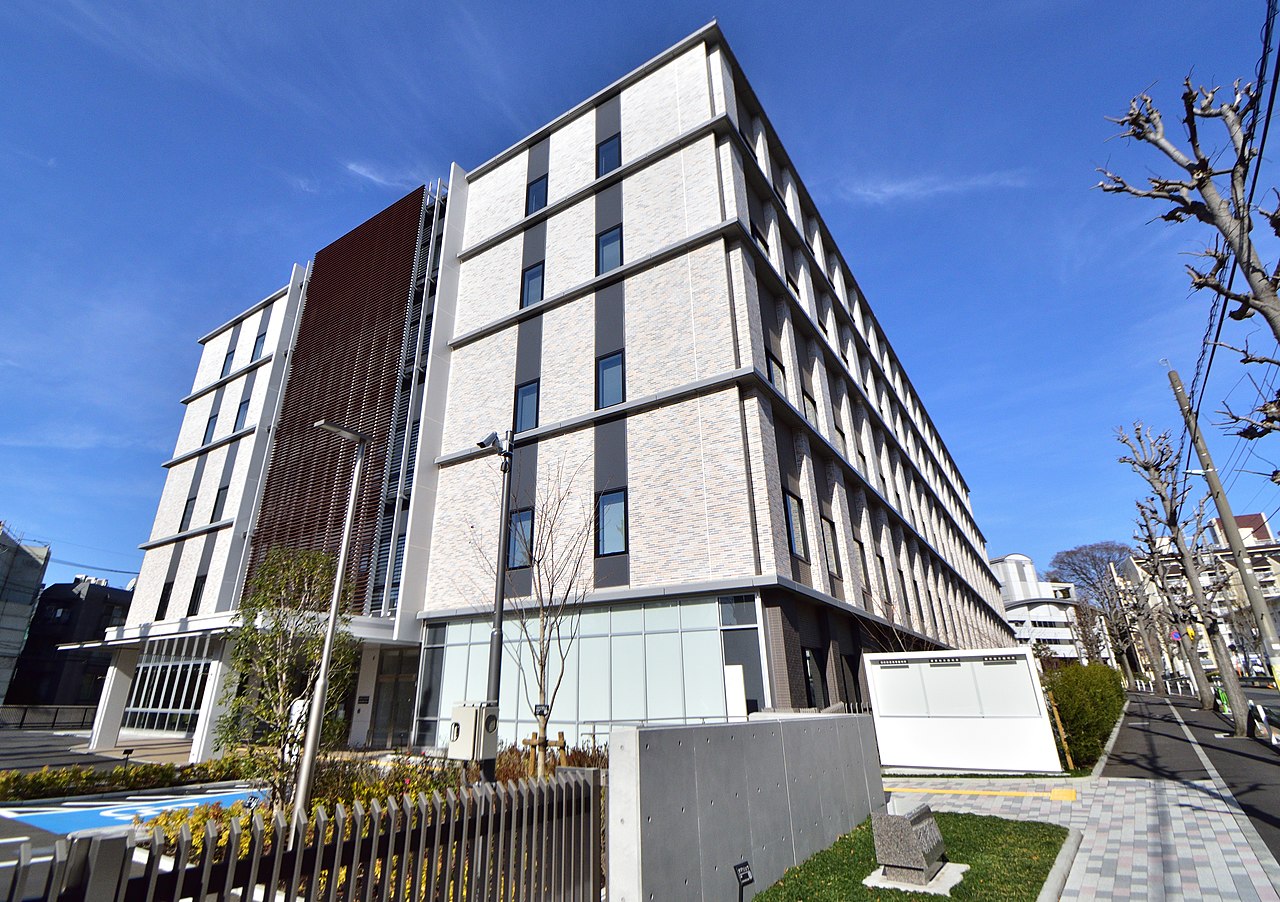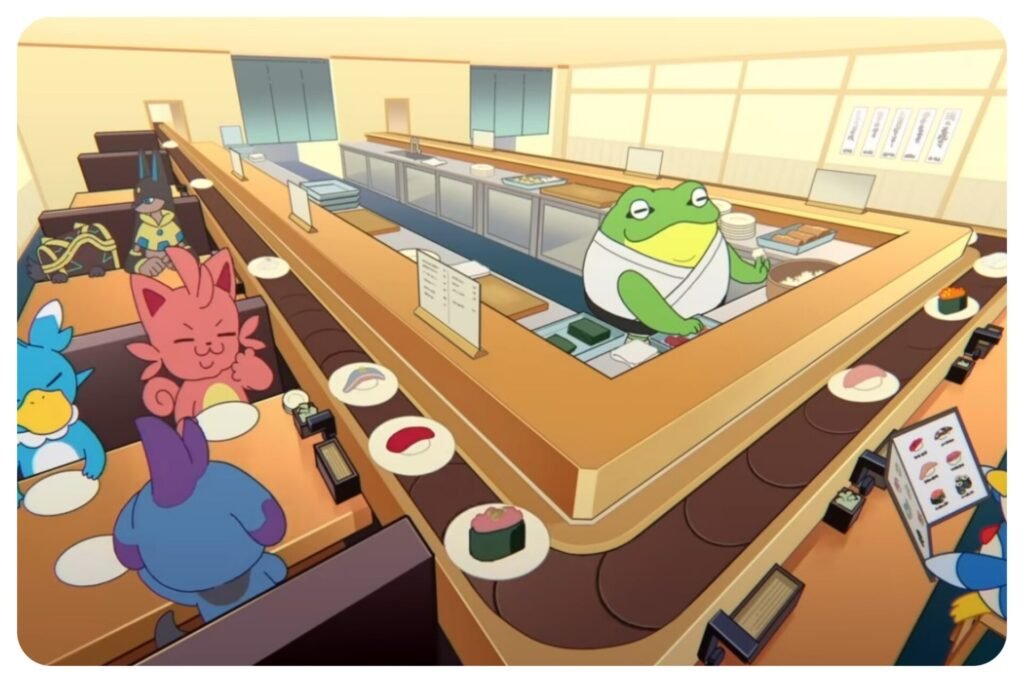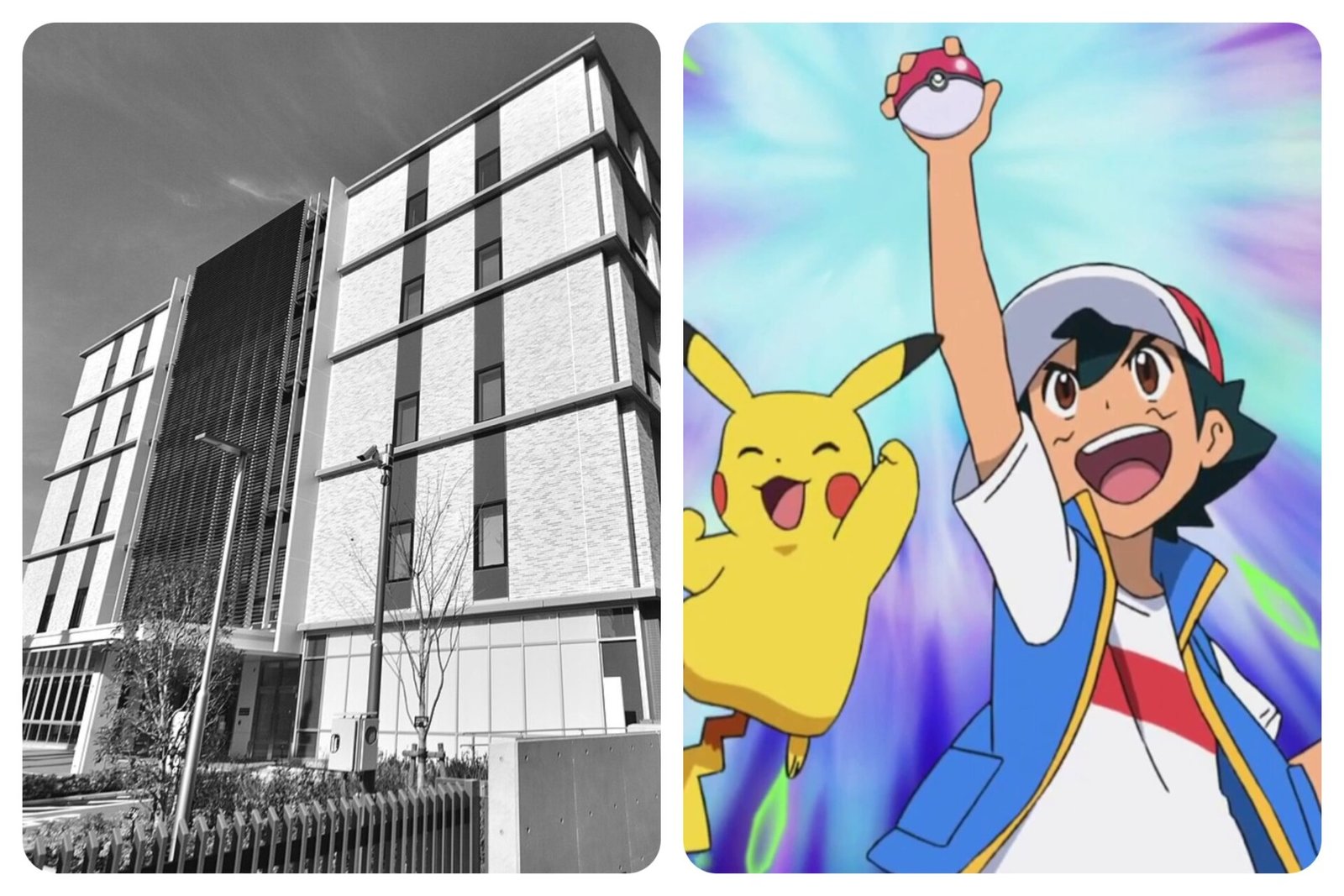Japan Patent Office cites ARK, Monster Hunter, and other games as prior art after third-party submission.
The Japan Patent Office has rejected one of Nintendo’s key “monster capture” patent applications. It’s a major setback in the company’s ongoing effort to claim ownership over gameplay systems at the heart of Palworld, the breakout hit from Tokyo-based developer Pocketpair.
Patent Trouble for Nintendo

The rejected filing, Japanese patent application no. 2024-031879, sits at the core of Nintendo’s legal offensive. It’s both a sibling to one patent (JP7493117) and the parent of another (JP7545191), both of which Nintendo is actively asserting against Palworld in the Tokyo District Court.
But the Japan Patent Office (JPO) examiner determined that Nintendo’s claimed invention lacked an “inventive step,” a legal term meaning it would have been obvious to someone skilled in the field. The JPO cited several prior works (including ARK: Survival Evolved, Monster Hunter 4, Craftopia, the Japanese browser game Kantai Collection, and even Pokémon GO) that collectively predate Nintendo’s December 2021 filing date.
The decision followed an April 2025 third-party submission of prior art, which analysts suspect came from Pocketpair or a related proxy. The submission led examiners to reject Nintendo’s claims on October 17, 2025, calling the “monster capture” mechanic a routine implementation of existing gameplay concepts rather than a novel invention.
What Happens Next

Nintendo can still amend and refile the application or appeal the decision to Japan’s Intellectual Property High Court (IPHC), but both paths are uphill. The rejection is not yet final, yet it places the company’s broader patent family — the basis of its case against Pocketpair — under intense scrutiny.
The JPO’s decision doesn’t directly invalidate Nintendo’s other patents or immediately affect the litigation, but it may weigh heavily on the Tokyo District Court proceedings. Judges often defer to the technical expertise of JPO examiners, especially when rulings hinge on prior art analysis.
Meanwhile, Nintendo has already been forced to modify another patent mid-litigation, an uncommon step that suggests internal doubts about its claims’ strength.
Timeline of the Nintendo–Pocketpair Dispute
September 19, 2024
Nintendo and The Pokémon Company file a patent infringement lawsuit against Pocketpair in Japan, alleging Palworld copies several patented “monster capture” and companion mechanics.
Late 2024 – Early 2025
Pocketpair publicly denies wrongdoing, arguing that its mechanics draw from long-standing genre conventions. The studio points to games like ARK, Monster Hunter, and its own earlier title Craftopia as evidence of prior art.
April 9, 2025
A third-party (believed to be Pocketpair) submits prior art to the JPO challenging Nintendo’s pending application 2024-031879, one of the key filings related to the lawsuit.
July 16, 2025
Reports surface that Nintendo quietly amended one of its asserted patents during litigation, signaling potential internal issues with claim validity.
October 17, 2025
The JPO issues a Notice of Reasons for Refusal for Nintendo’s “monster capture” application, ruling it lacks an inventive step and referencing preexisting works such as ARK and Monster Hunter 4.
October 29, 2025
The rejection becomes public, further undermining Nintendo’s legal standing and fueling speculation that Pocketpair’s prior-art strategy is succeeding.
Implications for the Palworld Case

While the JPO’s rejection doesn’t immediately decide the court case, it weakens one of Nintendo’s three asserted patents — all filed or fast-tracked after Palworld’s explosive launch in early 2024. The overlap between the JPO’s reasoning and Pocketpair’s legal defenses could prove significant when the Tokyo District Court evaluates Nintendo’s infringement claims next year.
Patent analysts say that if one member of a patent family fails on grounds of obviousness, it’s often a warning sign for the rest. And with Nintendo’s filings now tied to widely recognized gameplay precedents, the company’s broader attempt to monopolize creature-capture mechanics looks increasingly unsustainable.
A Broader Industry Message
For Nintendo, the optics are poor. Their filing for a monster-capture patent was already decried by fans and critics alike, and their failure to claim it only confirms the public’s suspicions. What’s more, in the face of this public scrutiny for predatory practices, the company is reportedly developing a Pokémon spinoff featuring open-world and survival elements similar to Palworld, a paradoxical move if ever there was one. All in all, the JPO’s latest decision is another misstep for Nintendo in this legal battle, where their footing looks thinner than ever.
